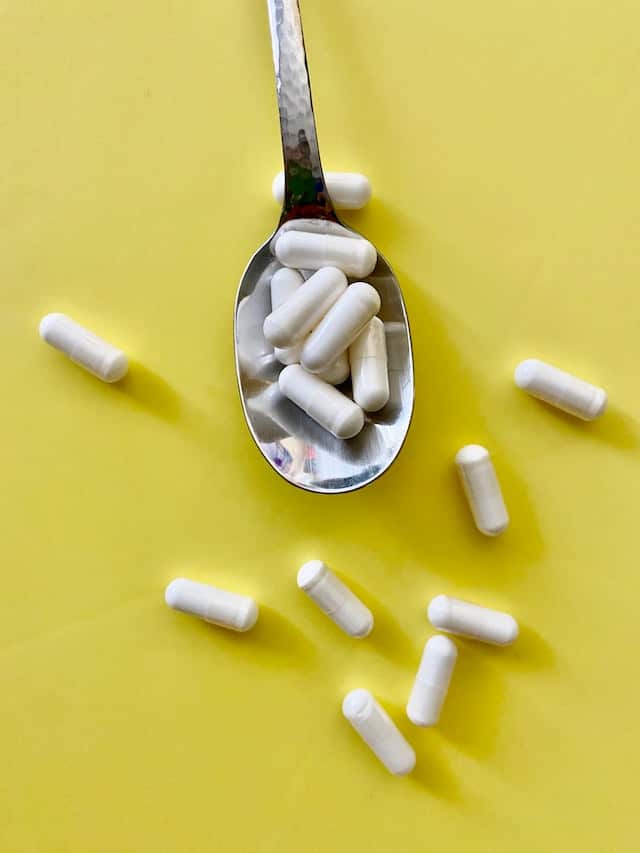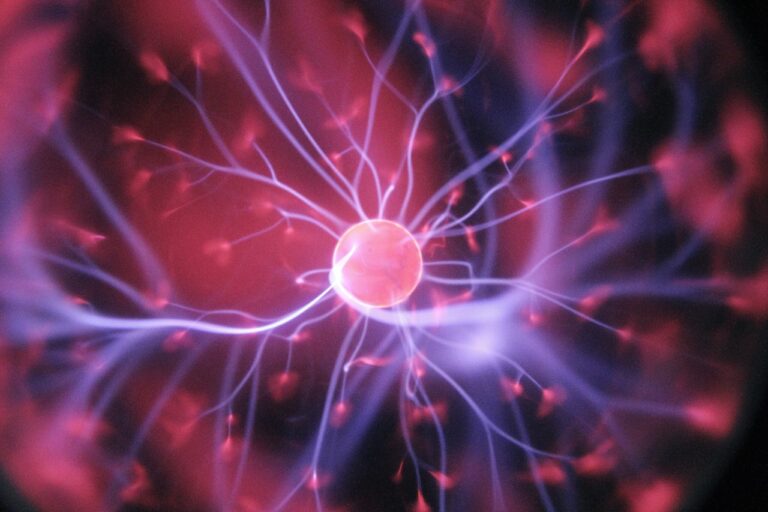Vitamins
Vitamins are considered the essential micro compounds for the overall wellbeing of our bodies, along with minerals. In this blog post, we’ll explore what vitamins are, why they’re important, and some of the key functions of various vitamins in the body.
Why do we need them?
Besides proteins, carbs and fats we also need organic materials of vitamins and inorganic materials of minerals. Despite that the vitamins are micronutrients (that means we need really small amounts of them) we can’t synthetize sufficient quantities of them, we have to take them from food or pills and that’s why we have to make smart choices regarding the forms of vitamins we take into our bodies.
What is the definition of a vitamin?
“Any of a group of organic compounds that are essential for normal growth and nutrition and are required in small quantities in the diet because they cannot be synthesized by the body.”
What’s the main difference between vitamins?

An important feature they have is that they are either water-soluble or fat-soluble. Water ones (C and B vitamins) act as coenzymes or are involved in their synthesis, and our bodies can easily extract excess amounts of them.
But the fat ones (A, D, E and K) are easily stored in the body’s fat tissue and their excretion is not so easy which can sometimes lead to their accumulation to toxic levels. Nevertheless, they are so important to numerous biochemical functions. So, unlike the fat-soluble vitamins that store up, vitamins B and C must be continuously replenished in the diet.
What’s the role of vitamins in our bodies?
While the macronutrients (carbohydrates, lipids and proteins) can be catabolized to release energy, vitamins and minerals play a different kind of role in energy metabolism; they are required as functional parts of enzymes involved in energy release and storage. They assist in converting a substrate to an end product.
A Group of B vitamins are essential here – there are 8 of them – B1, B2, B3, B5, B6, B7, B9, B12 (numbers between are not considered as vitamins anymore, if you geeks wonder why there are gaps 🙂 For example, B4 is now called adenine).
It is also important to mention that vitamins are not single molecular compounds, as they have been tried to be oversimplified for years, but complex systems that also require the presence of certain minerals for their metabolism in the body to function which must be taken into account when taking vitamins as supplements.

Deficiencies of vitamins that have been present throughout history are not as common in today’s modern world (at least in Western culture) as vitamins C or B, which are quite present in the diet of modern humans today. But that same diet can still cause deficiencies and the four most common ones include vitamins D, B6, B12 and folate (B9).
The most important vitamins
These are the important roles of vitamins and why it is important to have them enough in our bodies:
- D – in strengthening bones and muscles (helps the body absorb calcium). Vitamin K2 is also crucial for its proper metabolism.
- B6 – helps form red blood cells and maintain brain function, important in protein metabolism.
- B12 – vital to making our DNA, RNA, blood cells and maintaining the central nervous system
- Folate – needed for the production of DNA, which controls tissue growth and cell function, works with vitamin B12 to help form red blood cells, crucial during pregnancy and infancy.
What is interesting is that D3, B12 and K2 are the ones inadequate/absent in most plant-based foods and without eating animal-based foods there can be present a potential risk of deficiency, especially of vitamin B12. Still, there can be digestion disorders that can cause insufficient absorption despite the adequate intake through food sources.
So, just like they are complex compounds, vitamin function is also very complex and they are still the subject of many research on their functions in our bodies.







